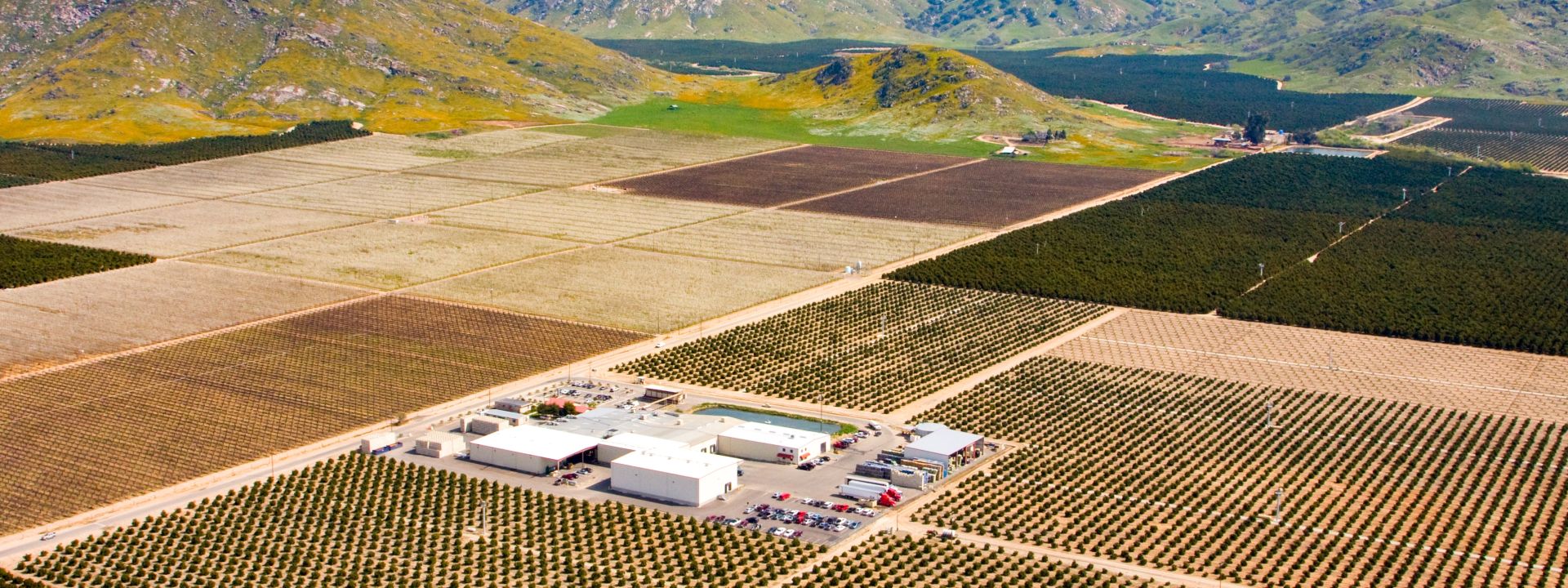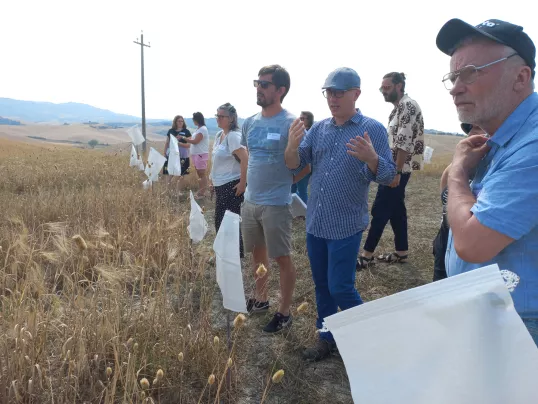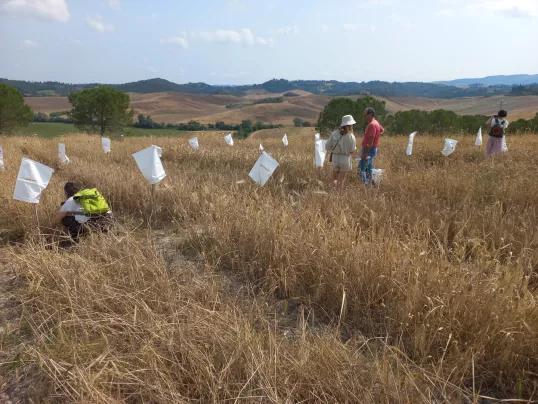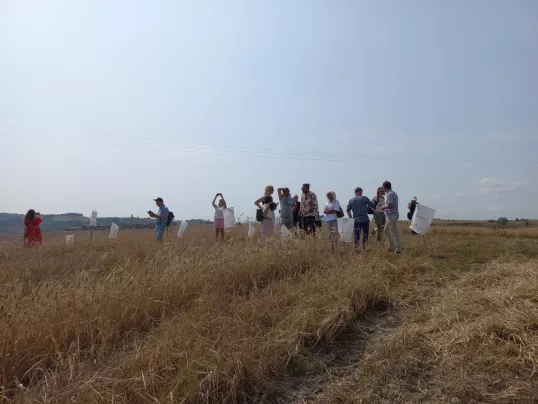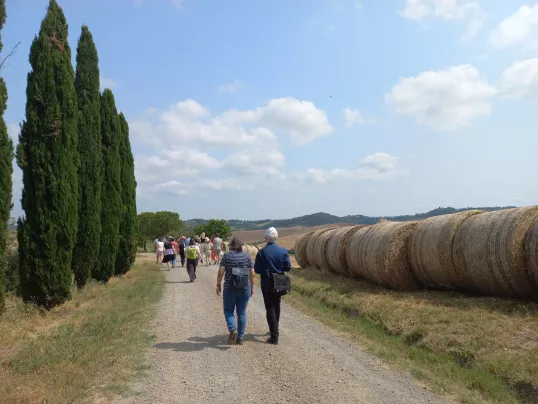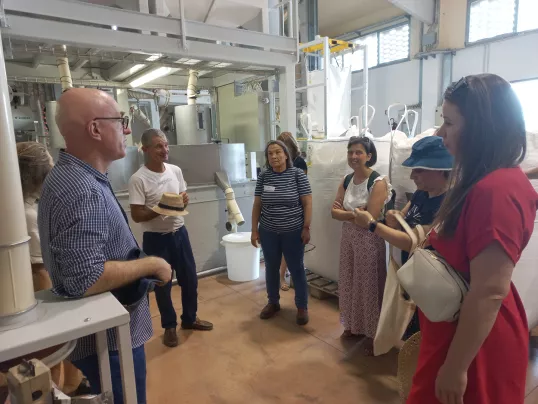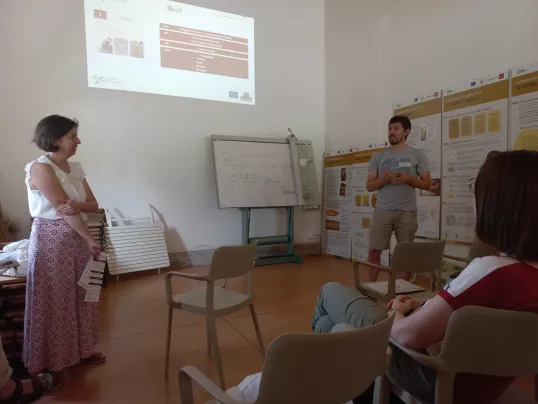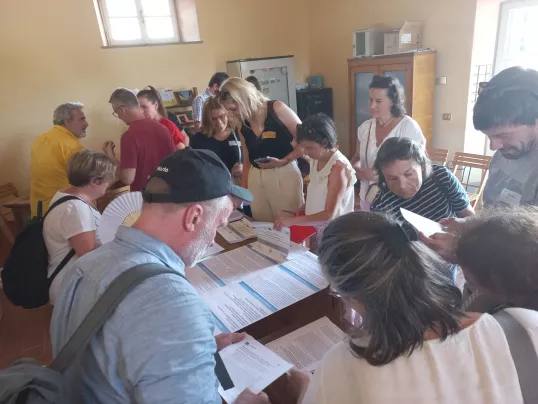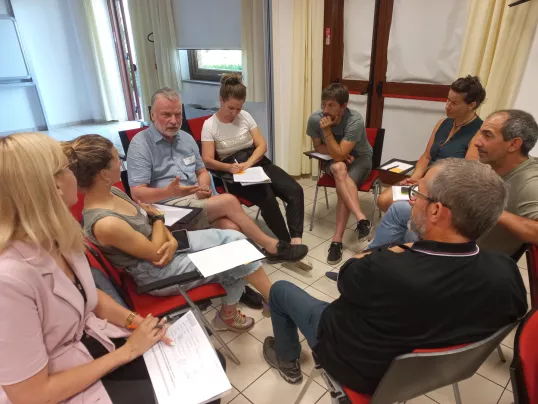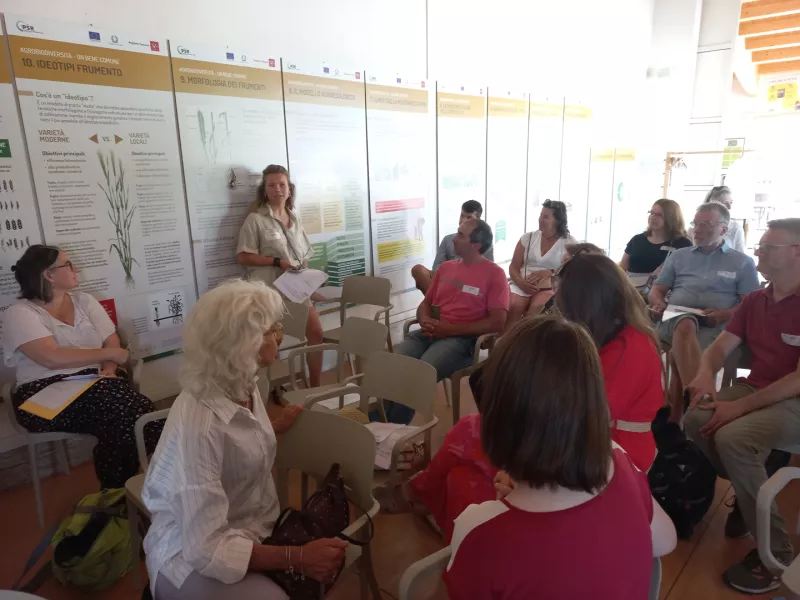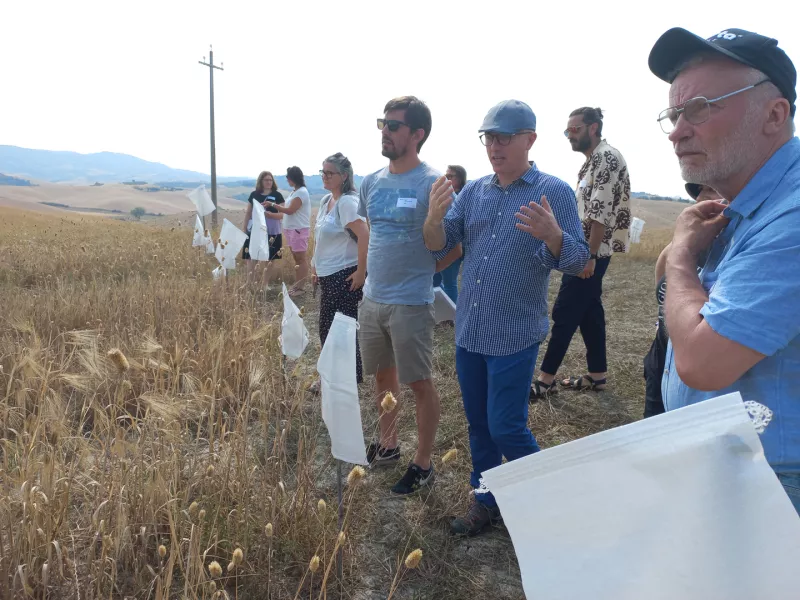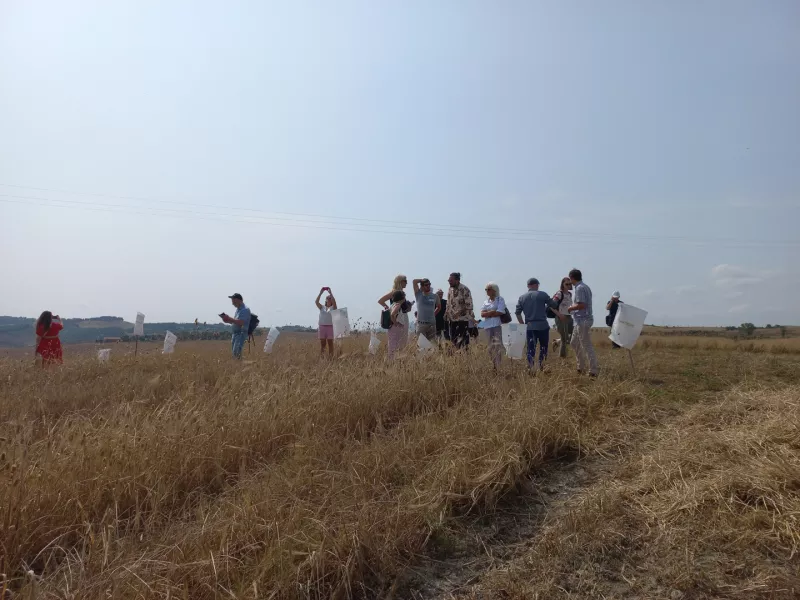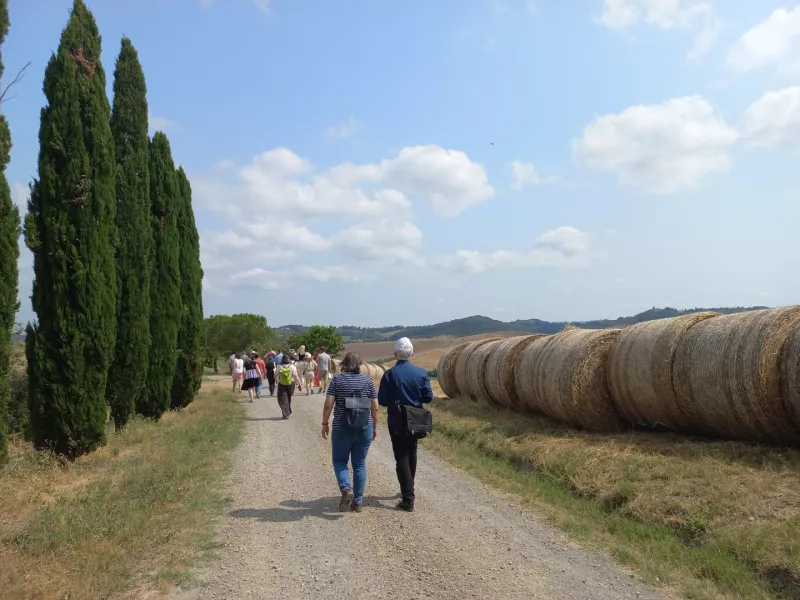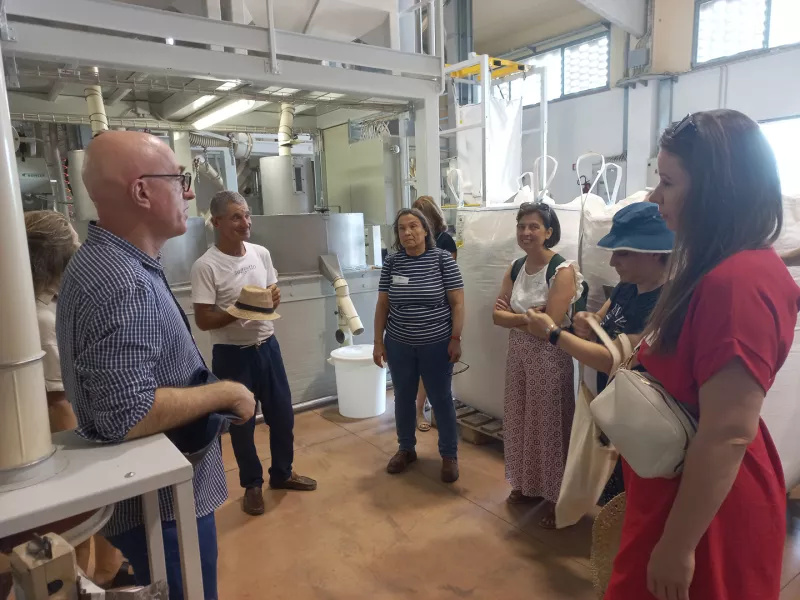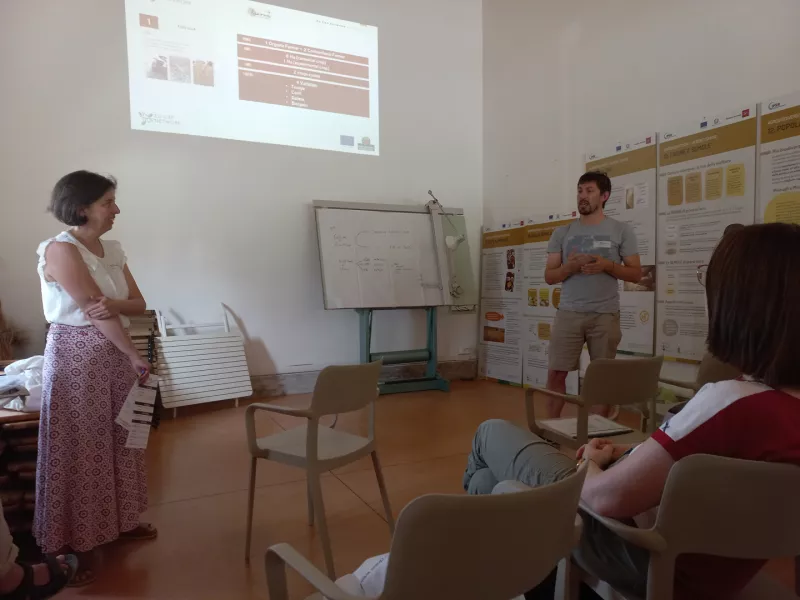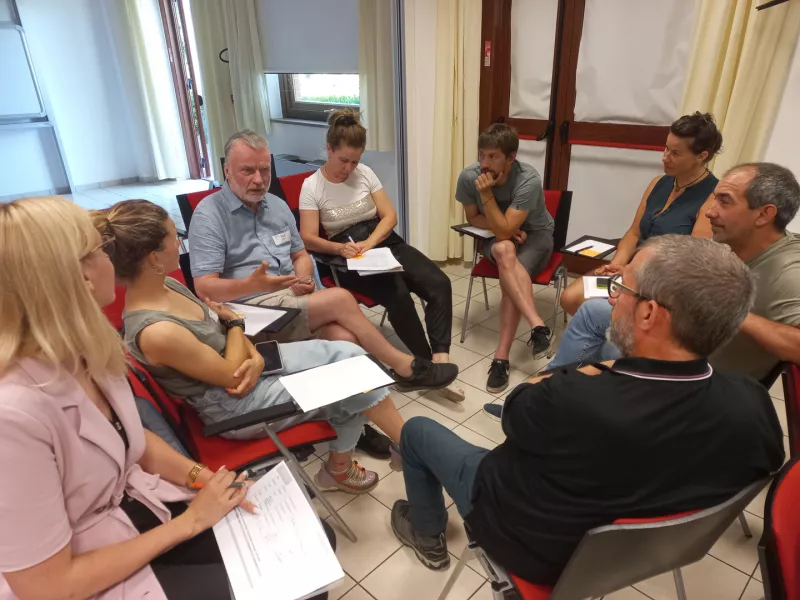The EU CAP Network cross-visit between Operational Groups ‘Organic farming supply and value chain optimisation’ took place on Wednesday 28 - Thursday 29 June 2023.
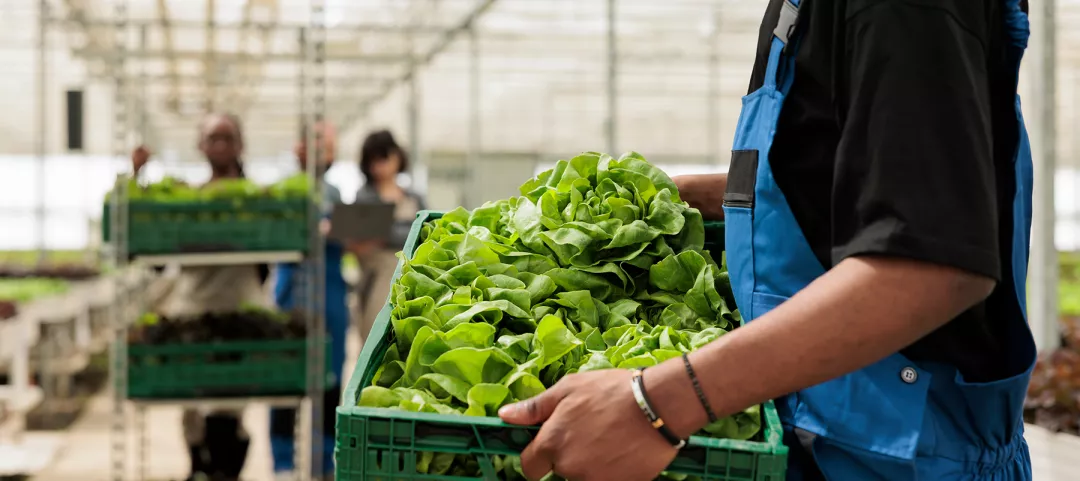
The European Commission’s Directorate-General for Agriculture and Rural Development (DG AGRI) and the Support Facility for Innovation & Knowledge exchange | EIP-AGRI organised two cross-visits between multiple Operational Groups (OGs) working in the field of organic farming in June 2023. This cross-visit focused on:
- Organic farming supply and value chain optimisation
The cross-visits took place on Wednesday 28 – Thursday 29 June 2023.
The call for expression of interest closed on 25 May 2023.
Purpose and main goals
The purpose of cross-visits between projects is to provide opportunities for cross-border knowledge exchange and peer-to-peer learning between OGs. The visits create opportunities for intensive informal interactions between OG representatives from different Member States. They may also help to foster potential future collaborations between projects/actors and lead to the creation of transnational OGs.
The main goals of cross-visits are to:
- Enable peer-to-peer learning and knowledge exchange on the innovations that the involved projects address and on their multi-actor approach, allowing a deeper understanding of the innovation processes, providing further inspiration to participants and fostering synergies between projects;
- Discuss common challenges, research needs from practice, inspirational ideas and potential solutions;
- Exchange and further disseminate project findings across the EU;
- Create opportunities for potential future collaborations and/or partnerships.
Objectives
Organic production and consumption have a key role in the transition to a sustainable food system, with the Farm to Fork Strategy including the objective of ‘at least 25% of the EU’s agricultural land under organic farming by 2030 and a significant increase in organic aquaculture. To achieve this target and to help the organic sector reach its full potential, the Commission has produced an Action Plan for Organic Production in the EU. Short food supply chains (SFSCs) play a special role in organic production. Supply chains of organic products are often considered as alternative supply chains, which are shorter, more locally oriented, and in which the producers and consumers are more tightly connected to each other than those in the conventional food supply chains. Alternative short supply chains for organic products are considered when seeking optimal scenarios to obtain the highest profit for producers, with maximising profit being one of the main reasons for taking up business within this type of supply chain strategy.
In this context, this cross-visit involved different projects working on organic farming supply and value chain optimisations. This included those dealing with:
- Challenges related to optimisation of production processes, economic viability and sustainability of production for farmers, climate and resource management, networking and cooperation, biodiversity, waste management and animal welfare.
- Solutions connected to new technology and cultivation practices (e.g. testing digital based solutions and physical infrastructure), positioning on the market; soil improvement / fertilisation (e.g. increasing soil organic matter, managing fertilisers and chemical nutrients), preservation of autochthonous varieties/seed production, establishment of cooperation networks and social interactions, circular economy (e.g. valorised by-products, new biodegradable packaging from the output of agro-industrial processes), transition to organic farming, biodiversity (e.g. introducing new varieties, crop rotations, new revenue models for biodiversity), traceability (e.g. analytical methods based on NMR and NIR, sustainable organic seed supply chain models), animal welfare (e.g. improvement of the economic position and integration of farms within the agri-food value chain and the production quality/safety).
Programme
Agenda
(PDF – 192.33 KB)
Additional info
Venue
Tuscany, Italy
Organiser

